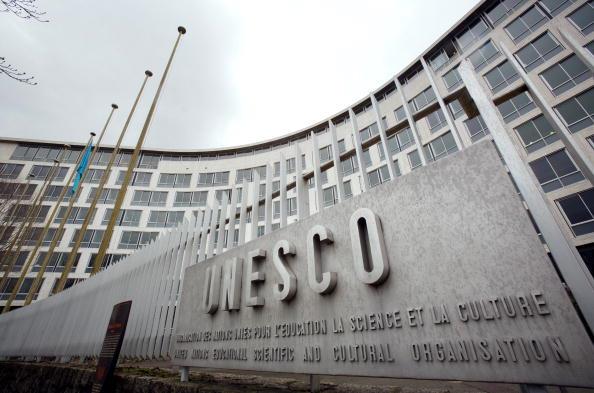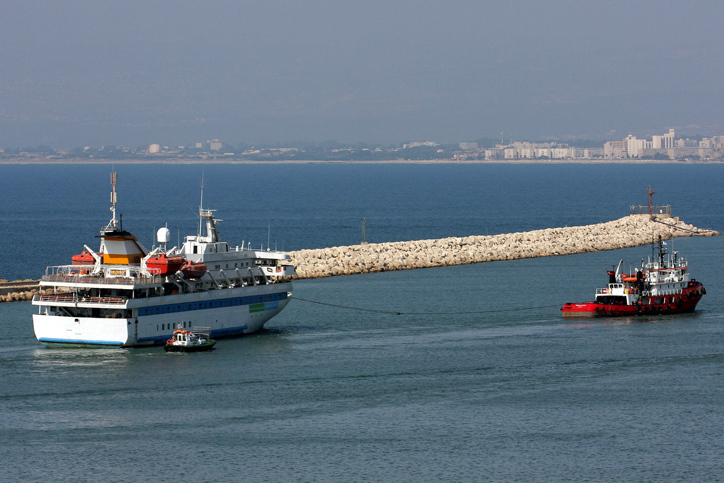UNESCO Adopts Controversial Resolution on Yerushalayim

UNESCO’s executive board on Tuesday approved a resolution that denies the deep historic Jewish connection to holy sites in Yerushalayim — and that has angered Israel’s government and many Jews around the world.
The resolution is not expected to have concrete impact on Yerushalayim itself, but it aggravated diplomatic tensions around the city and within UNESCO, which is also facing a dispute between Japan and China that threatens funding.
It’s the latest of several measures at UNESCO over decades that Israelis see as evidence of ingrained anti-Israel bias within the United Nations, where Israel and its allies are far outnumbered by Arab countries and their supporters. Israel’s concern has mounted since UNESCO states admitted Palestine as a member in 2011.
The resolution, titled “Occupied Palestine,” lays out rules about the preservation of holy sites in Yerushalayim , and uses only the Islamic name for Har HaBayis.
The board adopted the resolution by consensus Tuesday at the Paris headquarters of the United Nations Educational, Scientific and Cultural Organization. A draft form of the resolution had already been approved by a commission last week.
Israel suspended its cooperation with UNESCO over the resolution last week, though it is not clear what programs the suspension will affect. Israel had already suspended its funding to UNESCO when Palestinian membership was approved, along with the United States, which used to provide 22 percent of the agency’s budget.
“We won’t negotiate and we won’t take part in these ugly games,” the Israeli ambassador to UNESCO, Carmel Shama-Hacohen, told The Associated Press after the ratification. “There is no place for these games in UNESCO. This noble organization was established to preserve history, not to rewrite it.”
The longstanding dispute is also linked to Israel’s refusal to grant visas to UNESCO experts to go in the country and assess the level of preservation of the holy sites in Yerushalayim.
Israel and the Palestinian authority are not members of the executive board of UNESCO.
Just because UNESCO members adopt such a resolution, doesn’t mean it will lead to major changes on the ground.
UNESCO’s leader Irinia Bokova herself opposed the measure, condemning the religious and cultural divisions being played out in the U.N. body that was created in part to further cross-cultural understanding.
While Bokova runs UNESCO, she has no official control over resolutions, which are sponsored and voted on by the member states. Unlike the U.N., at UNESCO no member state has veto power.
Bokova is “invited” in the draft to submit a report on the resolution at the next Executive Board meeting in April — and could choose to exclude it from her agenda, and effectively brush it under the carpet next time.
Israeli Foreign Ministry Spokesman Emmanuel Nachshon said Israel will continue diplomatic efforts on the issue “and expects all relevant states to support its position on this matter.”
To Read The Full Story
Are you already a subscriber?
Click "Sign In" to log in!

Become a Web Subscriber
Click “Subscribe” below to begin the process of becoming a new subscriber.

Become a Print + Web Subscriber
Click “Subscribe” below to begin the process of becoming a new subscriber.

Renew Print + Web Subscription
Click “Renew Subscription” below to begin the process of renewing your subscription.











